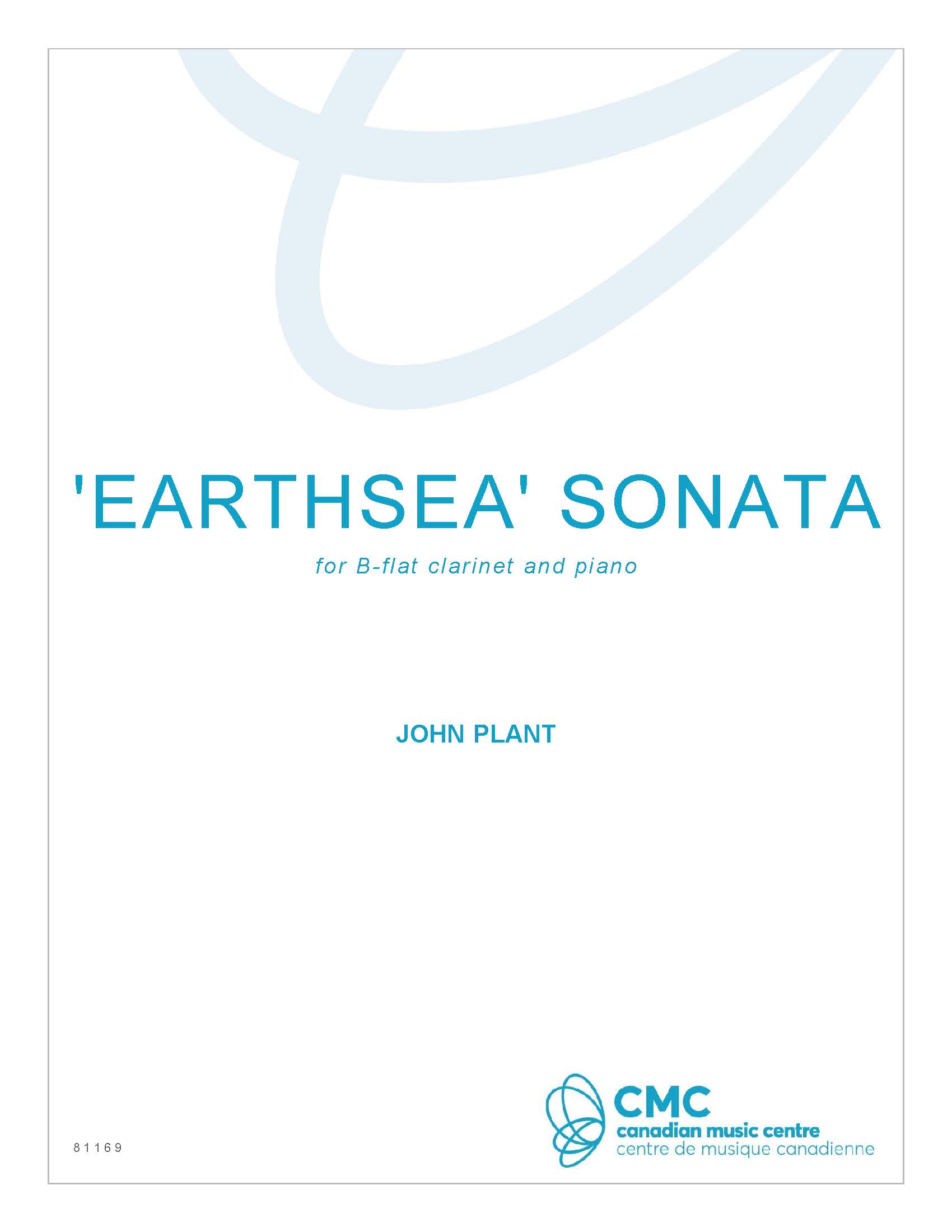EARTHSEA Sonata: Introductory note
I first discovered the writings of Ursula LeGuin when I chanced upon the first book of her ‘Earthsea’ saga in a Montreal bookshop, in 1972. When Dominic Desautels commissioned me to compose a sonata for him, I seized on the chance to try to create a soundworld that would evoke some of the magic, poetry, power and wisdom inherent in these books.
It is not necessary to have any acquaintance with these stories in order to enjoy the music, any more than it is necessary to know the sonnets on which Vivaldi based his ‘Four Seasons’ – but for those who are interested, a brief account follows.
I. Warriors in the Mist
A Wizard of Earthsea is the tale of Ged, a lad from a goat-herding island village with an untrained talent for magic. The first chapter shows how he discovers the extent of his power when his island is endangered by marauding warriors from the north. He uses a fogweaving charm, interwoven with a spell of concealment, to hide his village and to lure the warriors to destruction.
II. Scherzo
Ged goes to the island of Roke, to attend the school for wizards – it is to be noted that this is three decades before Harry Potter! The scherzo derives from a single phrase, noting that the inhabitants of Roke ‘would (not) blink to see a boy turn into a fish or a house fly up into the air…’ as such schoolboy pranks were everyday occurrences.
III. The Conquest of the Shadow
A rivalry has developed between Ged and another of the students, a haughty, wealthy youth named Jasper. Goaded by Jasper into a nocturnal duel of sorcery, Ged undertakes to summon a spirit from the dead – the beautiful Elfarran, whose heartbreaking story is one of the oldest of Earthsea legends. He succeeds; but along with the princess, a ‘clot of black shadow’ climbs through the broken fabric of the world and attacks Ged. Ged’s life is saved by the intervention of the Archmage, who gives his life in the process. But the shadow is now in the world, and the rest of the first Earthsea story deals with Ged’s attempts to track it down and discover its name and nature.
The exuberant coda to the final movement reflects not only Ged’s eventual liberation, but also (telescoping many years into a few moments) the exultation I experienced when reading Ursula LeGuin’s most recent Earthsea story, ‘Dragonfly’ – in which luminous hope comes to Roke in the most breathtakingly beautiful way imaginable.
The composer gratefully acknowledges the assistance of Arts Nova Scotia.
-John Plant

